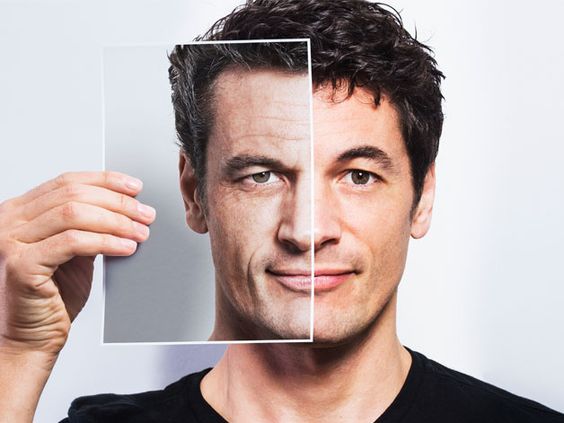Introduction
Briefly discuss the growing interest in healthy aging and longevity research.
Understanding Aging: Explain the key biological processes involved in aging and emphasize that “reverse aging” as a complete reversal is currently not a scientific reality.
Focus on Healthy Habits
Highlight evidence-based lifestyle choices that can promote cellular health and potentially slow down age-related decline, including:
Nutrition
Balanced diet rich in fruits, vegetables, whole grains, and healthy fats.
Exercise
Regular physical activity tailored to individual needs and abilities.
Sleep: Prioritizing quality sleep hygiene for optimal cellular repair and regeneration.
Stress Management
Techniques like mindfulness and meditation to combat chronic stress.
Social Connection
Strong social bonds contribute to emotional well-being and overall health.
Emerging Research: Briefly touch on promising areas of research related to healthy aging, such as senolytics, dietary interventions, and cellular reprogramming, while emphasizing they are still under investigation.
Conclusion
Reiterate that while “reverse aging” may not be achievable yet, focusing on healthy habits and staying informed about scientific advancements can empower individuals to optimize their well-being and potentially extend their healthspan.
FAQs on Healthy Aging and Longevity
What is “healthy aging” and how is it different from “reverse aging”?
Healthy aging focuses on promoting well-being and extending a healthy lifespan through evidence-based practices like diet, exercise, sleep, and stress management. It acknowledges the natural process of aging but aims to minimize age-related decline and maximize health across the lifespan. “Reverse aging” implies completely reversing chronological age, which is currently not a scientific reality.
What are the most important habits for healthy aging?
Nourishing your body: Prioritize a balanced diet rich in fruits, vegetables, whole grains, and healthy fats.
Staying active: Engage in regular physical activity tailored to your abilities and needs.
Prioritizing sleep: Aim for 7-8 hours of quality sleep each night.
Managing stress: Practice relaxation techniques like mindfulness and meditation to combat chronic stress.
Connecting with others: Cultivate strong social bonds for emotional and overall well-being.
What about supplements and anti-aging products?
While some supplements may offer specific health benefits, they are not a magic bullet for aging. Consult a healthcare professional before taking any supplement, and remember that healthy lifestyle habits are crucial for long-term well-being. Be wary of exaggerated claims on anti-aging products, as research in this area is still ongoing.
Can I slow down aging significantly through lifestyle changes?
While we can’t control our chronological age, research shows that healthy habits can significantly impact our biological age and healthspan. The earlier you start these habits, the greater the potential benefit. It’s never too late to start incorporating healthy practices into your routine.
What are some promising areas of research in healthy aging?
Exciting research is ongoing in fields like senolytics, dietary interventions, and cellular reprogramming, aiming to understand and potentially slow down the aging process. However, these areas are still under investigation and not yet ready for widespread use. Stay informed about scientific advancements while focusing on established, evidence-based practices for optimal health.

